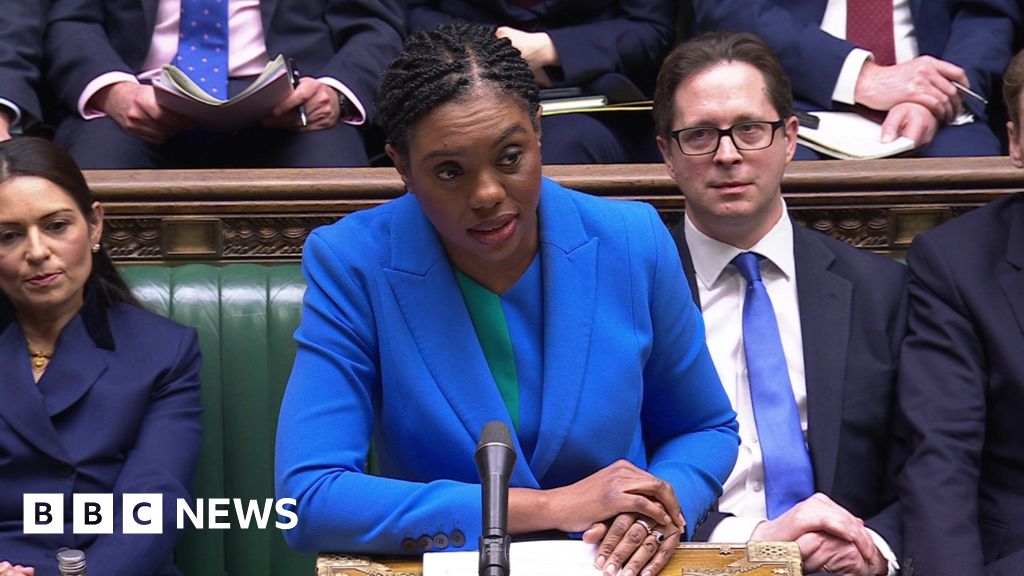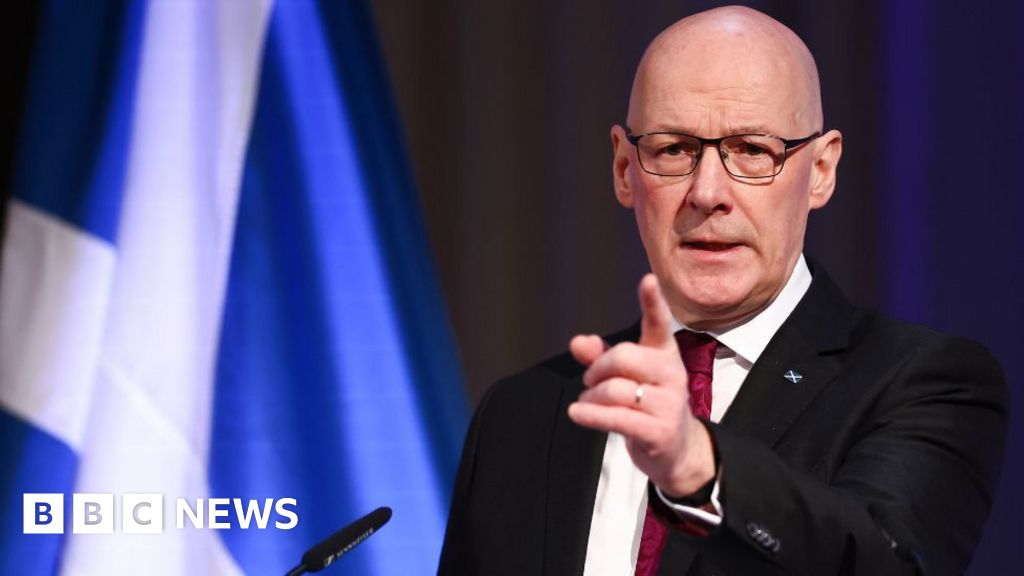
Britain's competition watchdog on Friday said it found competition concerns with the proposed merger between Vodafone and the Three UK mobile network owned by CK Hutchison.
The U.K. Competition and Markets Authority (CMA) said the deal would lead to price increases for tens of millions of customers or see some users get reduced services. The regulator also warned of a negative impact for so-called Mobile Virtual Network Operators (MVNOs), which piggyback on existing infrastructure.
"The CMA has provisionally concluded that the merger would lead to a substantial lessening of competition in the UK – in both retail and wholesale mobile markets," the regulator said in a press release.
Vodafone and CK Hutchison's transaction, which was announced last year, would merge the two brands' U.K. businesses, giving Vodafone a 51% controlling stake and leaving CK Hutchison with the minority interest.
But the CMA opened an antitrust probe in to the deal in January and announced an in-depth investigation in April.
The regulator said Friday the merger would result in higher prices or reduced services, and could "negatively affect those customers least able to afford mobile services."
Vodafone and Three U.K.'s merger would also reduce the number of major telecommunications network players from four to three, the regulator said, adding that this could make it harder for MVNOs to secure competitive deals which may reduce their ability to offer competitive rates to customers.
The CMA did however recognize that the deal "could improve the quality of mobile networks and bring forward the deployment of next generation 5G networks and services," which the two merging networks have claimed.
However, the CMA said those claims could be "overstated" and that the merged firm would "not necessarily have the incentive to follow through on its proposed investment programme after the merger."
The CMA has not blocked the deal.
Vodafone response
Vodafone said that the merged entity will invest £11 billion ($14.46 billion) into U.K. telecommunications infrastructure.
"It delivers massive benefits for consumers, in towns, in cities, across the country," Ahmed Essam, CEO of European markets for Vodafone, told CNBC's "Squawk Box Europe" on Friday.
Vodafone has argued that the U.K.'s digital infrastructure continues to lag behind other major economies and that its investment would help boost areas like next-generation 5G networks and broader coverage to more parts of the country.
Vodafone said in a separate statement Friday that it disagrees with the findings that the merger would lead to price increases for consumers. The merger would not affect its pricing strategy and that there would be enhanced competition between MVNOs, the firm said.
"I think every consumer in the U.K. today recognizes that there are not only four players … there are more than a hundred players in the market offering a lot of offers. And with this merger, we bring a third scaled quality network that is able to compete and drive better outcomes for customers," Essam said.
What's next?
The CMA said it will now consult on the provisional findings and potential solutions to its competition concerns, including remedies. These could include legally binding investment commitments and measures to protect both retail and wholesale customers.
The CMA could block the merger if its concerns are not addressed, the regulator said.
Essam said Vodafone is ready to make its promise of £11 billion in infrastructure investment legally binding and roll it out at the pace it has promised.
"We work closely with the CMA … they are provisional findings meaning that we work with the CMA over the coming three months to address any of their concerns," Essam said.
The CMA will issue its final report by Dec. 7 this year.

.png) 4 months ago
18
4 months ago
18









